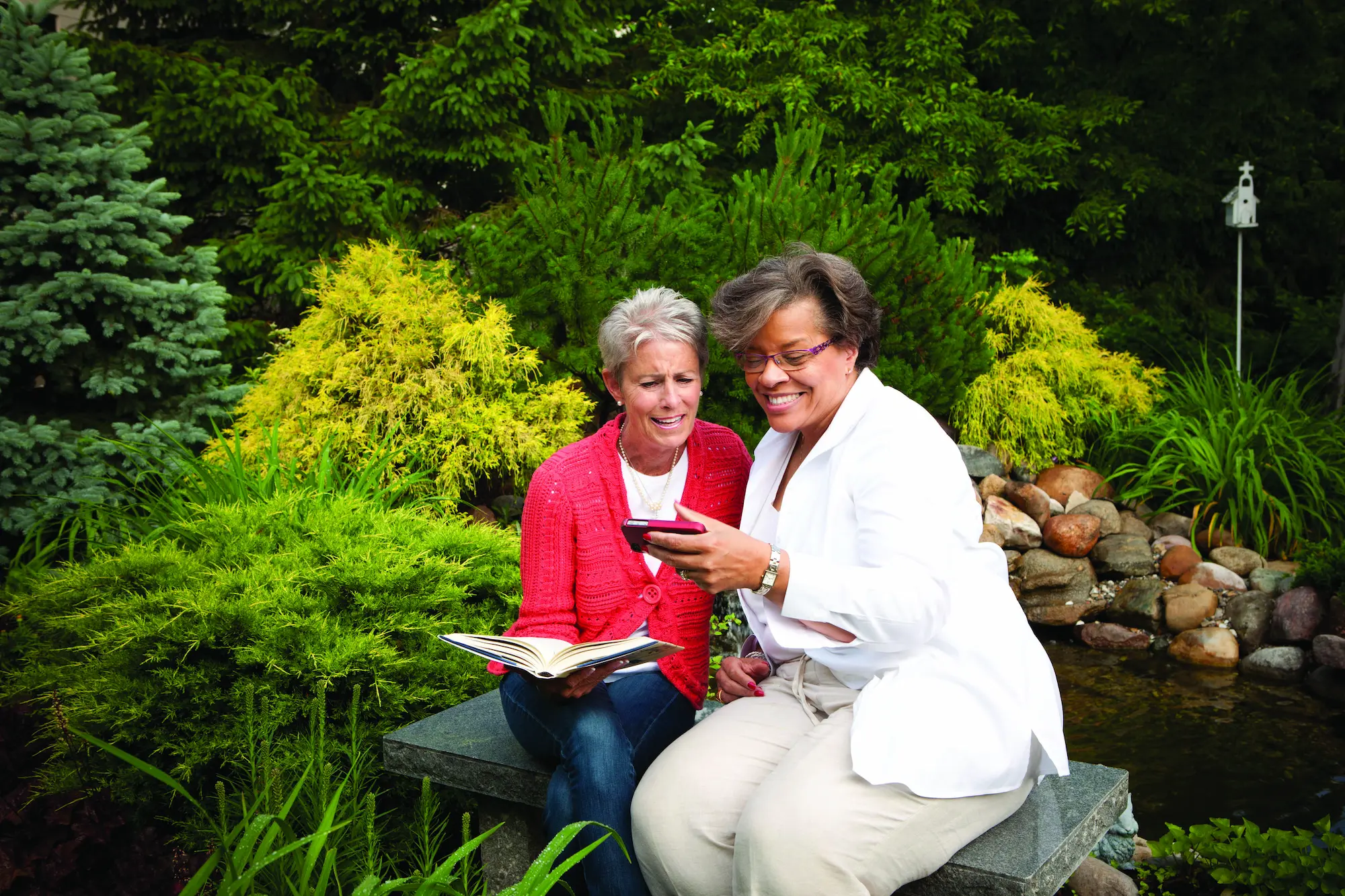Benefits of Intergenerational Activities for Seniors
Baby Boomers, Millennials, Gen Z, Generation Alpha: We distinguish the generations with different names and define them by different attributes. But what happens if, instead of focusing on differences, we encourage older and younger generations to come together? Intergenerational activities benefit people in different age groups, as they learn from each other, share experiences, and connect in meaningful ways.
Benefits to Seniors
Older adults have a wealth of experience and wisdom to share. One study calculated that if every U.S. retiree spent the next 20 years volunteering 3.3 hours every week, they’d make a $6.8 trillion contribution to society. But society isn’t the only beneficiary of seniors’ efforts. Those volunteering also benefit. The rewards of intergenerational activities for seniors are many, including:
Sense of Purpose
According to a recent survey, 92% of retirees say that having a sense of purpose is vital for a successful retirement. Spending time with children or teens gives seniors the opportunity to make a difference in the lives of others and offer meaningful contributions. That feeling of purpose can have enormous health benefits, including improvements in:
- Overall health
- Cognitive function
- Life satisfaction
- Mobility
- Longevity
Active Lifestyle
Engaging in intergenerational activities may lead to an uptick in activity level, which can have far-reaching health benefits. One study found that older adults who volunteered 15 hours a week in elementary schools burned twice as many calories as seniors in the control group. Moving more and sitting less is linked to a lower risk of disease, better cognitive health, stronger bones and muscles, and improved ability to perform everyday activities.
Feelings of Usefulness and Youthfulness
The transition from working life to retirement can be difficult for some older adults, with 27% of retirees reporting that they struggled with the change. Feeling useful can help bridge the gap. Even more encouraging, 87% of retirees say that being useful helps them feel youthful.
Social Connection
Approximately 25% of older adults feel socially isolated, which is linked to increased risk of several health conditions, including premature death, dementia, heart disease, stroke, depression and anxiety. Spending time with youngsters gives seniors the opportunity to build meaningful relationships and enjoy the benefits of social capital, the ties that build trust, connection and participation within a community.
Youngsters Benefit Too
Spending time with older adults gives children a unique opportunity to feel special. Research suggests that children who are mentored, whether formally or informally, feel they have a role model and cheerleader. This kind of supportive, healthy relationship can have lifelong benefits for children, including:
- Improved self-esteem
- Better behavior and interpersonal skills
- Healthier lifestyle choices
- Lower high school dropout rates
- Decreased likelihood of drug or alcohol abuse
Together We Can
If you’re looking for ways to actively engage with younger generations, here are some suggestions for intergenerational activities for seniors and youngsters to enjoy together:
- Play sports. Kids benefit from physical activity as much as older adults do. If necessary, you can modify the rules of the game to suit everyone’s abilities. For example, in a baseball game, kids can act as “pinch runners” for older adults who aren’t as fleet-footed as they used to be.
- Explore the great outdoors. Time spent in nature soothes body, mind and spirit. Gathering with the younger generation in local parks or green spaces offers an opportunity for physical activity and enjoyment of the natural world. Have a picnic. Organize a scavenger hunt. Bring field guides and learn to identify local flora and fauna.
- Garden. In addition to enjoying a harvest of nutritious produce and lovely flowers, kids gain a number of important skills from spending time in the garden. They learn to be responsible and work with others, score higher on science achievement tests, choose to eat healthier foods, and have more positive relationships with others.
- Make something. Whether you paint, draw, knit, crochet, or play with clay, engaging in creative tasks supports everything from hand-eye coordination to imagination and problem-solving.
- Play games. Kids learn language skills, teamwork, and social skills — including how to be a good loser and a gracious winner — from playing games. Play classic games like chess, or become the mentee and let a youngster teach you the finer points of Wii Sports, Minecraft, or another video game.
Embrace a Rewarding Lifestyle at Westminster Village
At Westminster Village, there are abundant opportunities to live a purposeful and connected life. Maintenance-free living gives you more time to do the things you enjoy, whether that’s learning alongside college students at Purdue University, taking advantage of wellness opportunities that support healthy living, teaching your grandkids how to play pickleball, or volunteering in local schools. Contact us to find out more about senior living at Westminster Village, or to schedule a visit.



